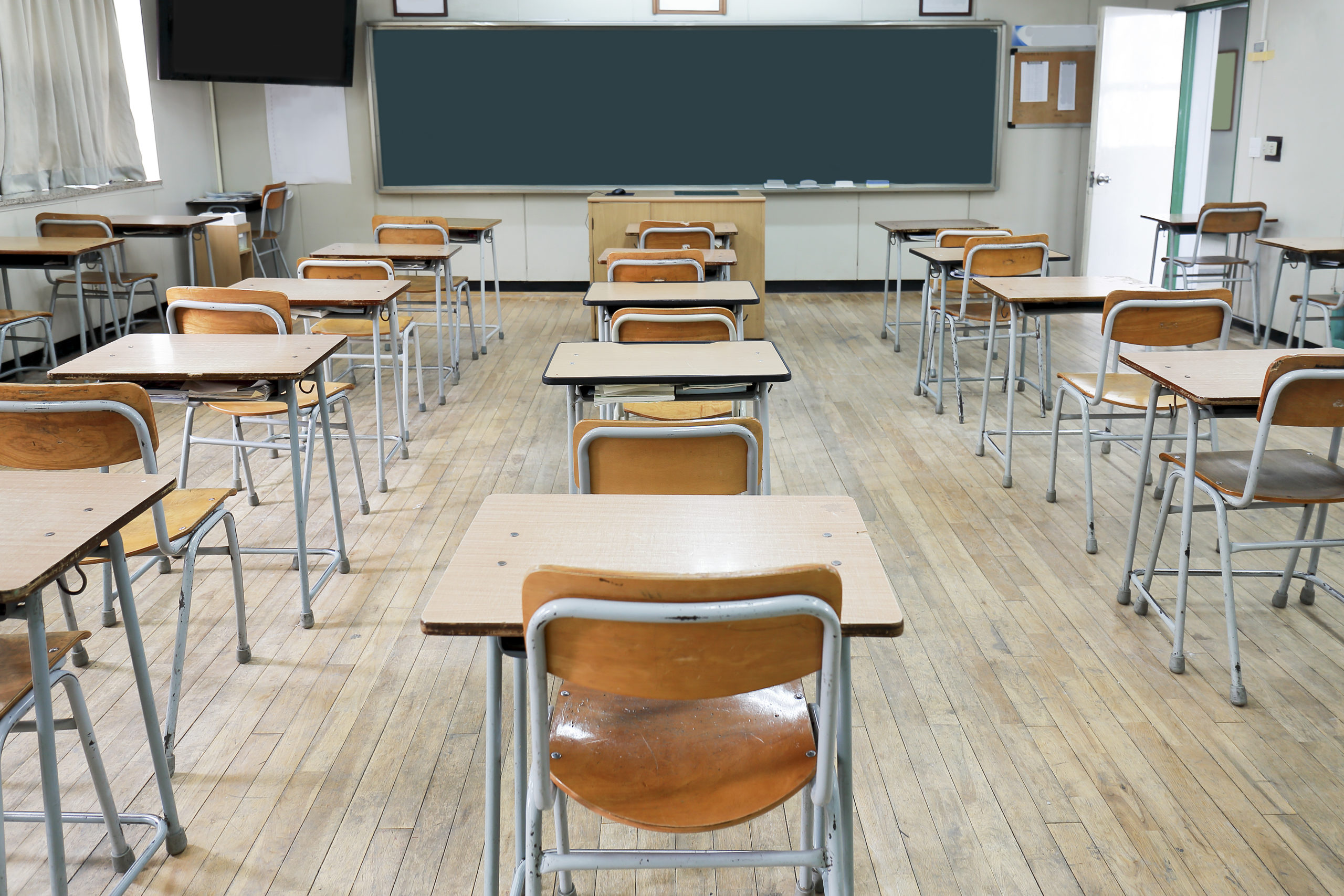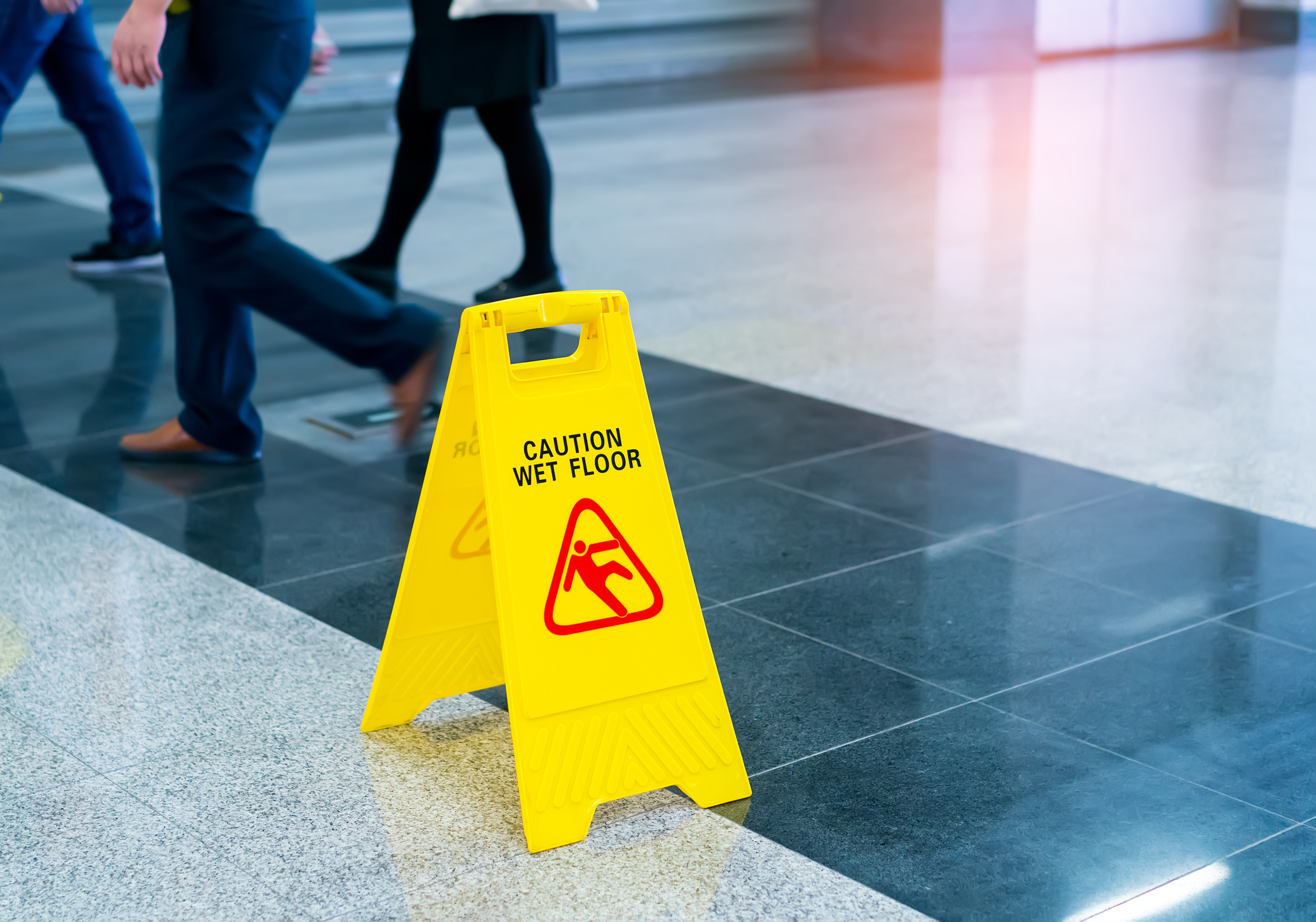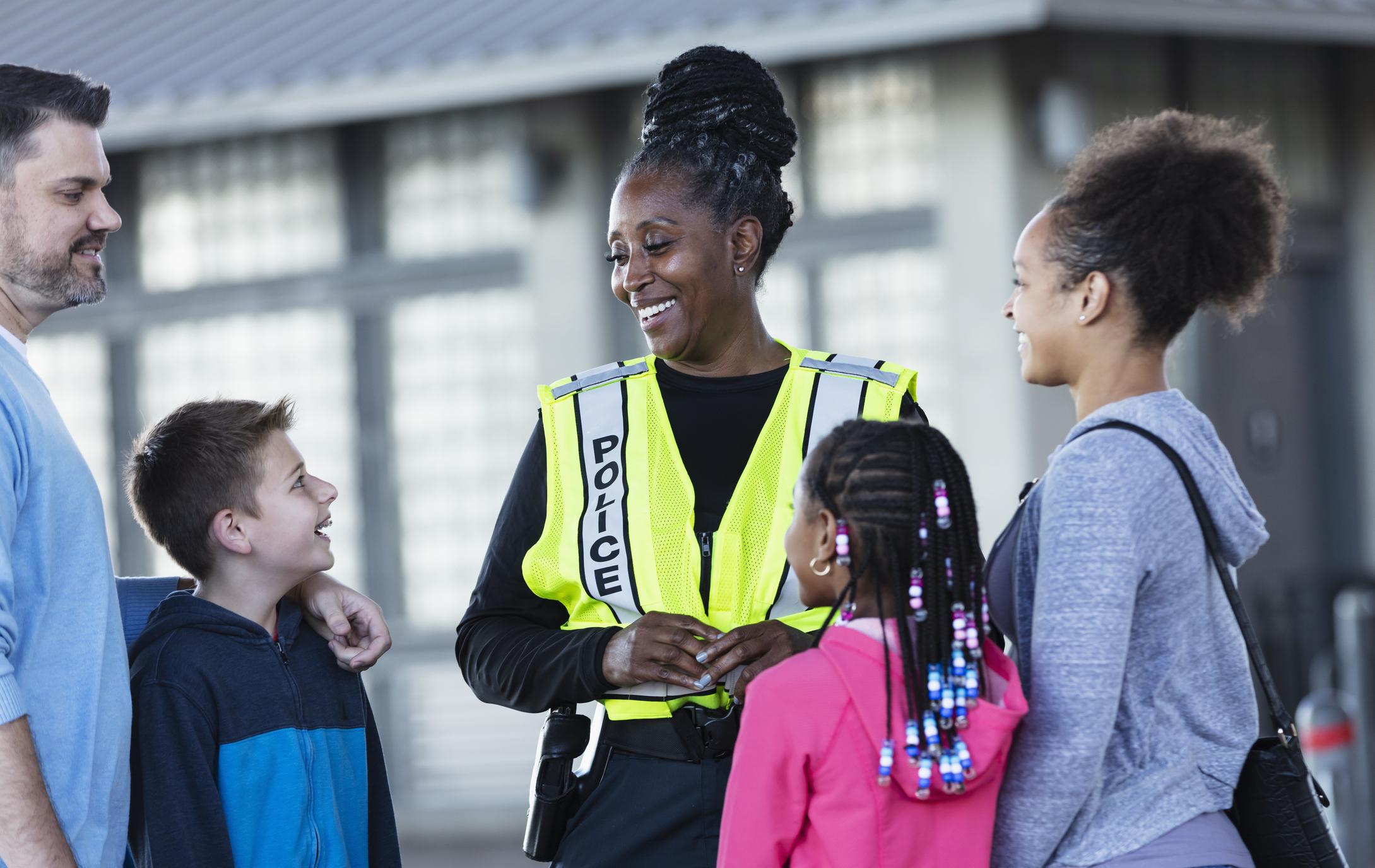New Exposures Districts Face for the 2021 School Year
The majority of schools in the U.S. will begin the new school year over the coming month. With the past year's unconventional learning environment, districts could have new challenges ahead.
August 2, 2021

After last year’s transition to home or hybrid learning, many students have been deconditioned to the standard classroom environment, creating new expectations for what lies ahead in the coming 2021 school year. And while school districts should continue de-escalation training with their educators, more challenges involve further crisis prevention, and educators should be prepared for students adjusting to a classroom environment.
“Typically, the stronger the student advocacy culture within a school district, the more prepared their educators will be to handle any incidents based on planning and subsequent use of available resources,” says Ariel Jenkins, Assistant Vice President – Risk Services at Safety National. “Well-trained educators can pick up on early indication signs of students in crisis and intervene effectively before these incidents escalate and become worse.”
These are a few of the items that districts should be prepared for the 2021-22 school year.
Frequency of Student Incidents
While situations may become more intense, the potential for a workplace crisis and day-to-day incidents are also likely to increase. Districts should actively train their educators on de-escalation methods through live training, when possible, as this approach, when used in conjunction with online training, can be more effective. This training may involve verbal de-escalation tactics, situational distancing and physical avoidance. The use of technology in incident reporting can encourage anonymous reporting, keeping all stakeholders engaged and creating an obligation to respond. Early reports of bullying and violence can signal the red flags necessary to plan for routine crisis prevention training and incident response.
Potential IDEA Violations
Students on individual education plans (IEPs) that require additional attention dealt with severe modifications to their necessary educational services over the last year. For over seven million children in the U.S., this disruption meant setbacks in progress and left parents feeling hopeless. Some students are still waiting for their required needs to return, and the lack of availability has many families seeking compensatory services for violation of the Individuals with Disabilities Education Act (IDEA), leaving districts open to potential litigation. Districts may prevent further delays in critical progress by actively communicating with parents of students on IEPs, knowing what their exact needs are for the year ahead.
Contestation of District COVID-19 Policies
With continuous misinformation spreading across social media platforms, all districts need a clear, consistent and direct approach to both vaccination and mask policies in the prevention of COVID-19. Keeping in mind that procedures will protect both students and educators, districts should be prepared to stand behind their final decisions. Some parents, students and educators will likely contest whatever policies are put into place, so district leaders should have an action plan for how to address these conversations. Districts can use CDC, individual county, and other locality guidance for developing their response plans.

























